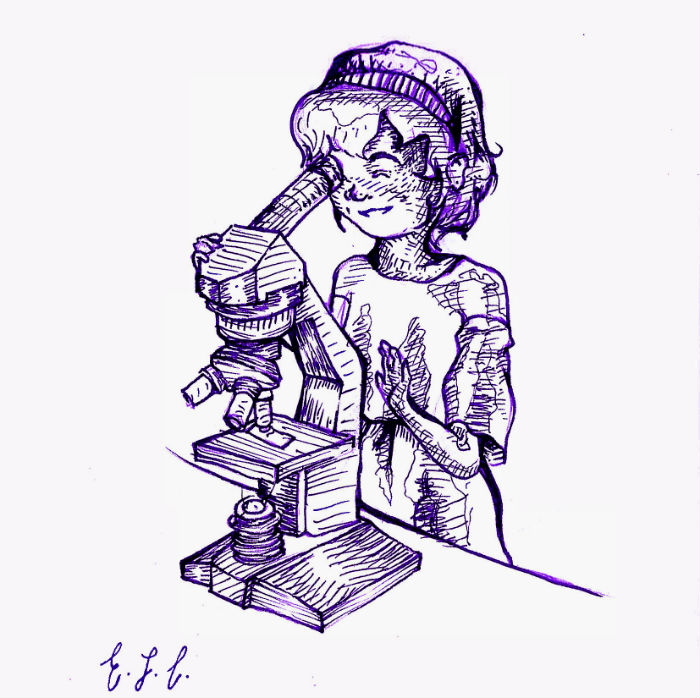MANthematics no more: women in STEM
I have always loved STEM. Though my love for science seems to be a one-sided crush, I still really love science. But I think it’s fair to say that the people who dominate the field don’t tend to be too open to welcoming people like me: women.
It seems that most don’t question a woman’s ability to succeed in artistic endeavors. Women are often pushed to be empowered through words, poetry and friendships. And many women are expected to be predisposed to be able to empathize with others, reinforcing our society’s belief of women being capable nurturers and caretakers.
But because women are expected to be able to reason through the abstract ideas of emotion, women aren’t trusted with being objective.
In everyday life, our society’s conceptualization of womanhood has discouraged scientific progress in a multitude of ways.
According to the U.S. Department of Commerce, the number of female undergraduates pursuing STEM careers is nearly equal to the number of their male counterparts, but women have only 24% of STEM jobs.
A part of this is due to the fact that many women with STEM degrees switch to careers in education or healthcare. And I think it should be noted that these are respectable careers. But the fact that so many women switch to these jobs in particularly isn’t something that can be reduced to being a product of coincidence.
These are careers centered around nurturing and traditionally motherly roles which, although some attribute to genetics, shouldn’t be interpreted as always applicable nor practical.
In many families, women are still expected to take up a disproportionate amount of the household work and responsibility for the upkeep of families, due to tradition and convention.
Today, with most adult women working, it isn’t always feasible to carry these responsibilities alone. And thus, ambitious or talented women aren’t given opportunities to advance in education or the workplace due to the amount of time given to family over work.
In the process, attributes associated with women are thought to negatively affect productivity. In fields prioritizing an unbiased stance, like science, the association of women with emotion is seen as a disadvantage in the workspace environment.
This, in turn, keeps capable women from being active participants in the field, which isn’t only a problem of fairness, but also a problem of accuracy.
When being in STEM fields, keeping multiple perspectives in mind is necessary as to stay unbiased. The lack of women in STEM careers does affect studies, experiments and practices.
For example, in the 19th century, the supposed “father of modern gynecology” James Marion Sims used enslaved African American women as experiment subjects, leading to horrifically unethical experiments with a lack of human sympathy or decency, but is still deemed to be some of the most groundbreaking studies of women, despite it being performed by a man more than a hundred years ago. Women are seen as too complicated to study and too emotional to depict their experience accurately, thus the field hasn’t gained much traction or made significant progress in America.
But women’s health, in particular, is a field that needs to be studied. America has the most women dying of pregnancy-related complications than any developed nation and is the only developed nation in which the number of women dying of pregnancy-related complications is growing.
But women aren’t prioritized in many scientific studies because women aren’t represented enough in the population of those studying to influence the field to advocate for themselves.
And so it isn’t surprising that in America, women’s health as a whole is suffering.
And that is one of many problems that a lack of female input is bound to have, as the most accurate representative study of problems facing our society needs to include women. Even in studies not directly linking to sex or gender, having a range of perspectives will never be a disadvantage.
So I think it’s time for everyone to man up, and take a chance on allowing women to take control over their own lives, being able to participate in the career path of their choosing, and being in STEM.

